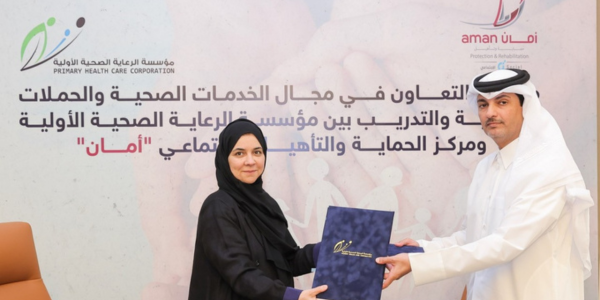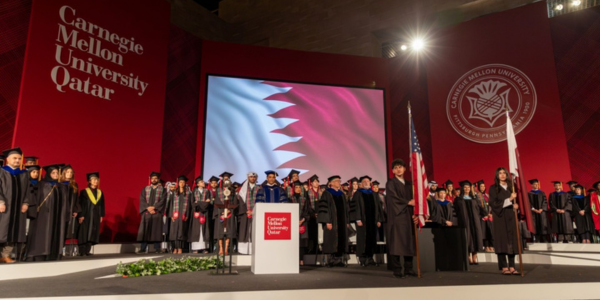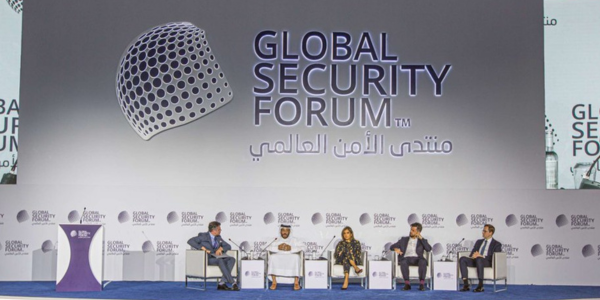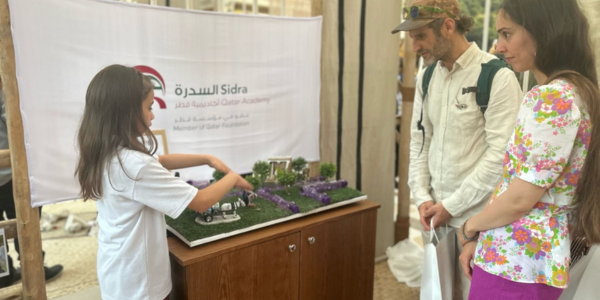The 12th Qatar International Agricultural Exhibition (AgriteQ) 2025 concluded yesterday, marking a significant milestone for the nation's agricultural sector. The five-day event, held at the Cultural Village Foundation, Katara, attracted approximately 97,000 visitors, including 1,069 students, demonstrating its broad appeal.
AgriteQ 2025 showcased the participation of 356 entities and exhibitors representing 29 countries, alongside 114 local farms, 22 embassies, 50 expert speakers, and a robust program of 46 discussion sessions. The closing ceremony saw the Minister of Municipality, H E Abdullah bin Hamad bin Abdullah Al Attiyah, recognizing the contributions of the organizing committee and sponsors.
Yousef Khalid Al Khulaifi, Chairman of the Organizing and Supervisory Committee, declared AgriteQ 2025 the largest edition to date, spanning over 40,000 square meters. In a video message shared on the Ministry of Municipality's X platform, Al Khulaifi highlighted the record participation of local farms, underscoring the sector's substantial growth. He emphasized the national strategy focused on local production of perishable goods like vegetables, and the strategic storage of other commodities to bolster food security.
The concurrent conference concluded its five-day program with sessions at the Biotechnology Forum. Discussions centered on the role of agricultural genomics in modern farming, including its basic genetic patterns, preservation of plant biodiversity, the impact of medicinal plants on red palm weevil growth, and the application of local microbial resources for pest control.
Experts like Reem Ahmed Al Haidousi, Senior Biologist at the Ministry of Municipality's Biotechnology Center, presented research on natural pest control methods, such as the use of the neem plant (Azadirachta indica) against the red palm weevil, advocating for reduced reliance on chemical pesticides. Dr. Mona Ali Al Balushi, also from the Ministry's Biotechnology Center, shared her findings on phytoplasma infection in alfalfa, emphasizing the importance of early detection for minimizing crop losses. Dr. Samir Al Jaoua, from Qatar University's Department of Biological and Environmental Sciences, further explored the use of local microbial resources for sustainable pest management.
Mubarak bin Frish Al Salem, Vice-Chairman of the Central Municipal Council, commended the exhibition's success in showcasing the latest advancements in irrigation and smart agriculture technologies. He emphasized AgriteQ's pivotal role in supporting Qatar's food security goals, facilitating knowledge exchange, driving agricultural innovation, and contributing to the development of the sector, strengthening the national economy, and promoting agricultural sustainability and self-sufficiency.











